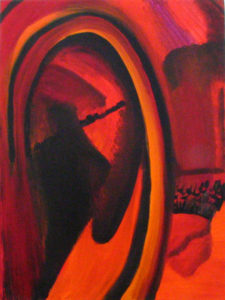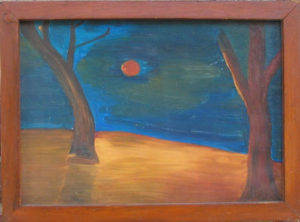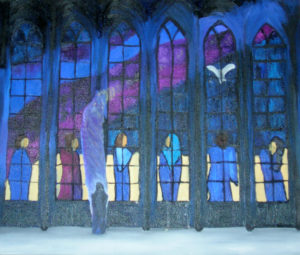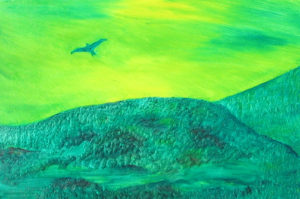This excerpt from Rita’s World Vol. II may be of interest. From Tuesday, May 12, 2015
Explanations, belief, and truth
7 a.m. So, Rita, a simple question. Why should anyone pay attention to anything you say—or, from their perspective, anything I report you as having said? Why should anyone believe any of it?
They shouldn’t. It isn’t a matter of belief or disbelief. And nothing I have to say in answer to this question is anything very different from what you have been saying for years. Since we cannot know, we can only provisionally believe, and there is no resolution to it. So, to seek belief as a goal is sort of pointless. The question is not, “What can you make yourself believe?” but “What explanation explains and what explanation do I resonate to?”
The Church went wrong (and churches continue to go wrong) when they set out to reassure themselves of their own correctness by measuring how many people could be persuaded (then, eventually, coerced) to believe the same things. It is the mark of truth that people gravitate to it, or toward it anyway, when they encounter it. It is also the mark of truth that it is broader than any mind or set of beliefs can fully encompass; hence, it always appears different to different types of people. But truth cannot be contained. Hence, does not exist within containers. Hence, cannot be fixed, but is fluid.
And for those whose psychology inclines them to need a fixed unchanging truth?
They will find that aspect of truth, as those needing nuance will find the ever-shifting aspect of truth. The thing to remember is that truth is larger, broader, deeper, more nuanced, more unchanging, than a human mind. Reality is larger than our view of it, as fishbowls are always wider than the space they enclose and give form to.








